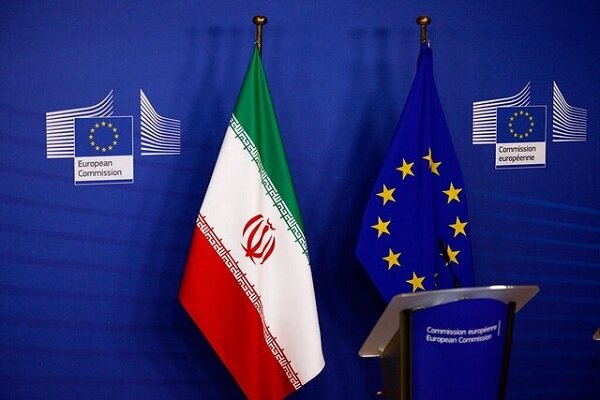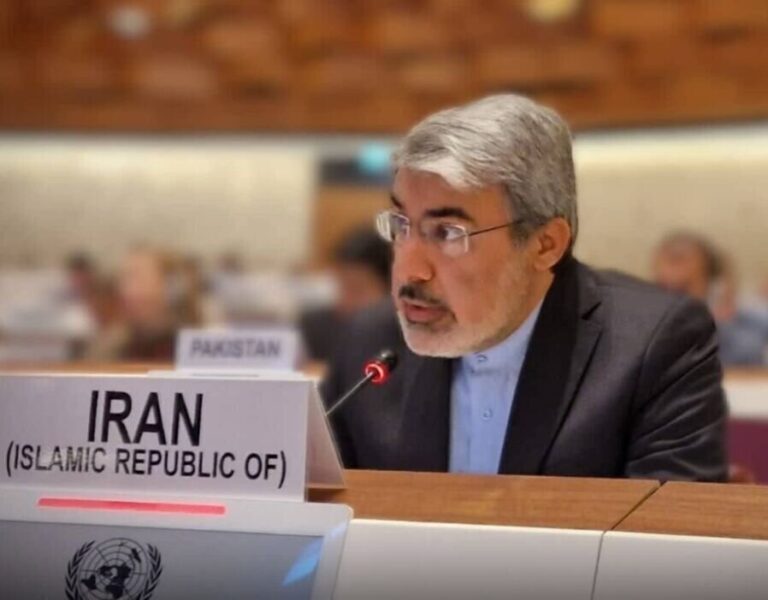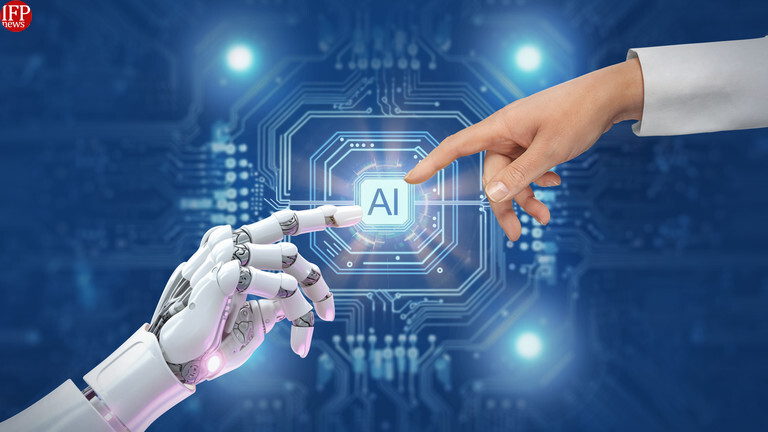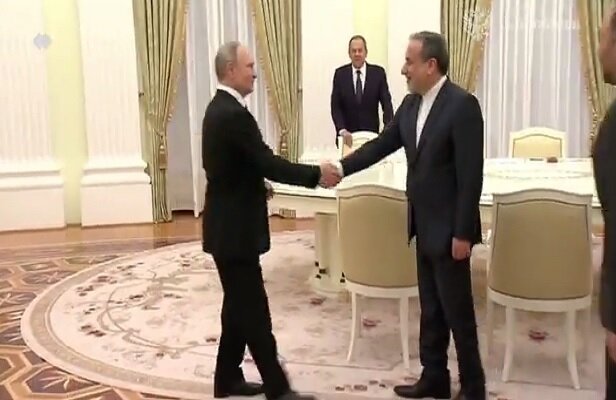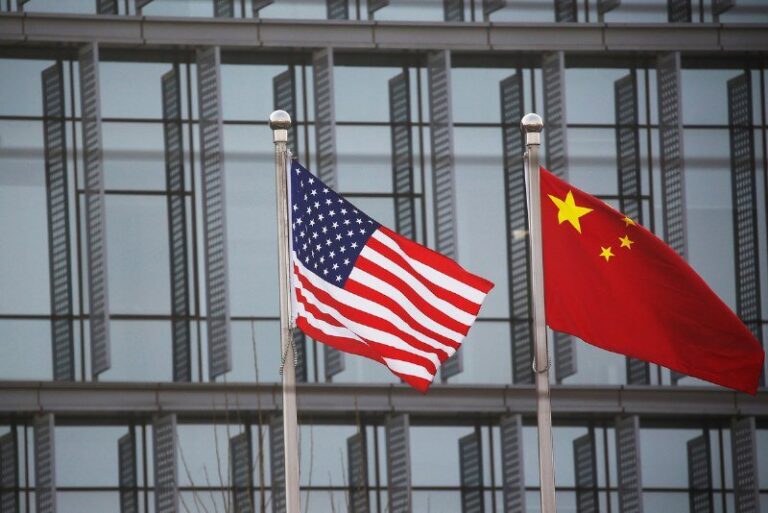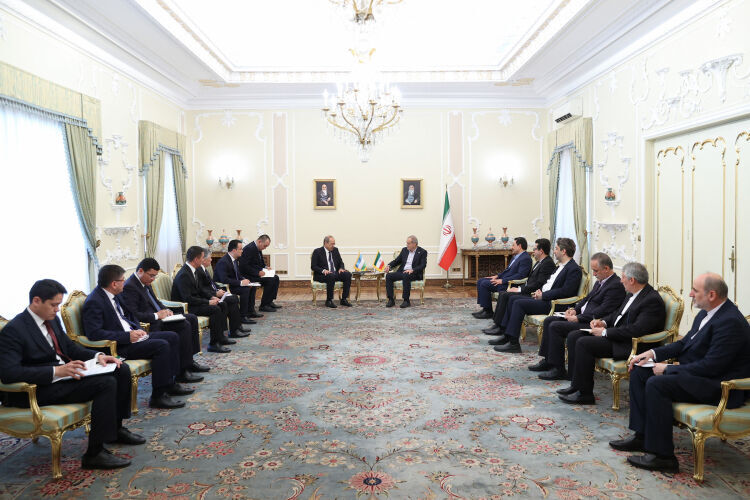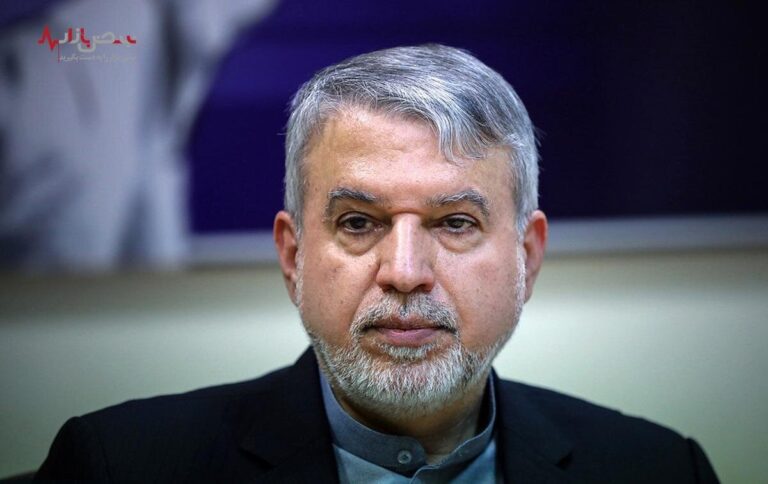Iran and EU Engage in Crucial Talks on Nuclear Program and Sanctions Relief
In a significant diplomatic engagement, Majid Takht-e-Ravanchi, the Deputy Foreign Minister for Political Affairs of Iran, met with Olof Skoog, the European Union’s deputy foreign policy chief. Their discussions primarily revolved around the nuclear issue, the lifting of sanctions against Iran, and the potential for future negotiations. This meeting highlights ongoing efforts to address critical geopolitical challenges and foster dialogue between Iran and the European Union.
The dialogue between Takht-e-Ravanchi and Skoog underscores the importance of cooperation in international relations, especially concerning nuclear non-proliferation and economic sanctions. Here are some key points from their discussions:
- Nuclear Issue: The pair examined the current status of Iran’s nuclear program and the implications it has on regional and global security.
- Sanctions Relief: They explored pathways for lifting sanctions that have significantly impacted Iran’s economy and its citizens.
- Future Negotiations: The conversation included prospects for renewed diplomatic efforts aimed at resolving outstanding issues related to Iran’s nuclear activities.
These topics are pivotal in shaping the future of Iran’s relations with the European Union and other global powers. The discussions are part of ongoing efforts to navigate complex geopolitical landscapes and find common ground amidst differing national interests.
In recent years, the nuclear agreement, formally known as the Joint Comprehensive Plan of Action (JCPOA), has faced numerous challenges. The U.S. withdrawal from the agreement in 2018 and the subsequent reimposition of sanctions against Iran have led to heightened tensions between Iran and Western countries. This meeting signifies a potential thaw in relations, with both parties acknowledging the need for constructive dialogue.
During the talks, Takht-e-Ravanchi emphasized Iran’s commitment to its nuclear program, clarifying that it is intended for peaceful purposes. He reiterated that Iran is willing to engage in negotiations that respect its sovereignty and national interests. In response, Skoog acknowledged the EU’s role in facilitating diplomatic discussions and expressed a willingness to work towards a mutually beneficial resolution.
The implications of these talks extend beyond just Iran and the EU. They resonate with global powers, including the United States and Russia, who are closely monitoring developments in the region. The potential for a re-engagement in negotiations could alter the dynamics of international relations in the Middle East.
As the situation evolves, it is essential for all stakeholders to remain open to dialogue and negotiation. The international community’s responsibility is to foster an environment conducive to peace and stability, particularly in areas as sensitive as nuclear proliferation.
Looking ahead, the next steps will be crucial in determining the trajectory of Iran’s nuclear program and its economic future. The following aspects will likely play a significant role in shaping outcomes:
- Diplomatic Engagement: Continued dialogue among all parties will be vital to address concerns and build trust.
- Monitoring Compliance: Any agreements reached will need robust mechanisms for verification to ensure compliance with international standards.
- Broader Economic Cooperation: Lifting sanctions could pave the way for increased economic ties between Iran and European nations, benefiting both parties.
In conclusion, the discussions between Majid Takht-e-Ravanchi and Olof Skoog mark a critical juncture in the ongoing dialogue surrounding Iran’s nuclear program and sanctions. As both sides move forward, the emphasis on diplomatic solutions will be crucial in achieving a sustainable and peaceful resolution to these pressing issues. The international community watches closely, hoping for a constructive outcome that promotes stability in the region.
